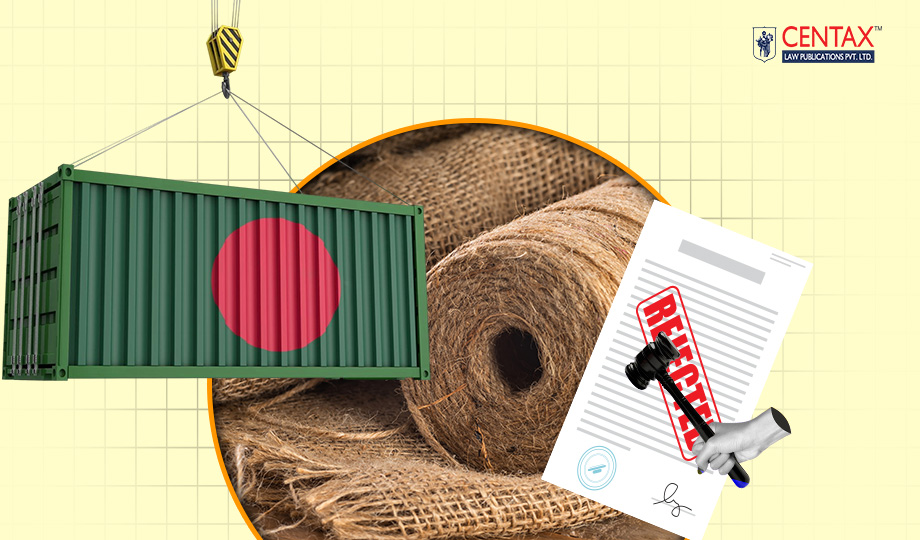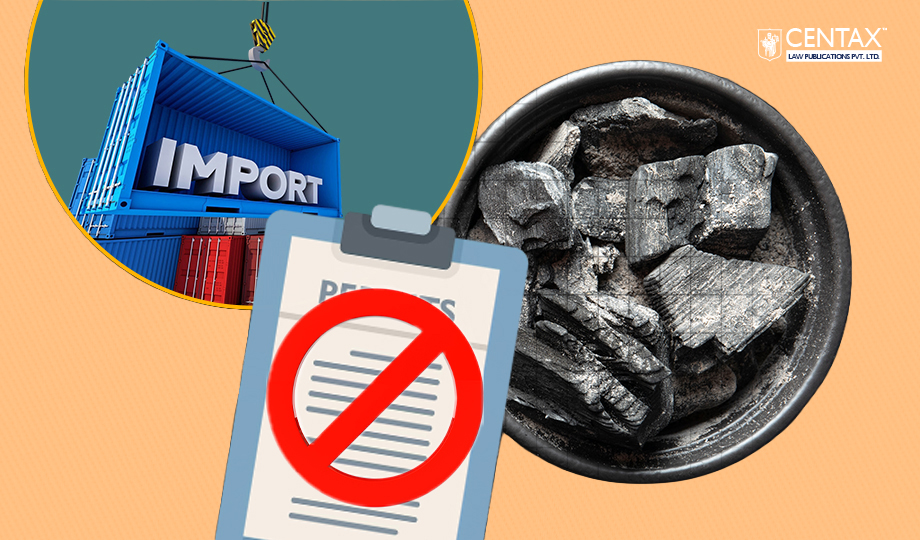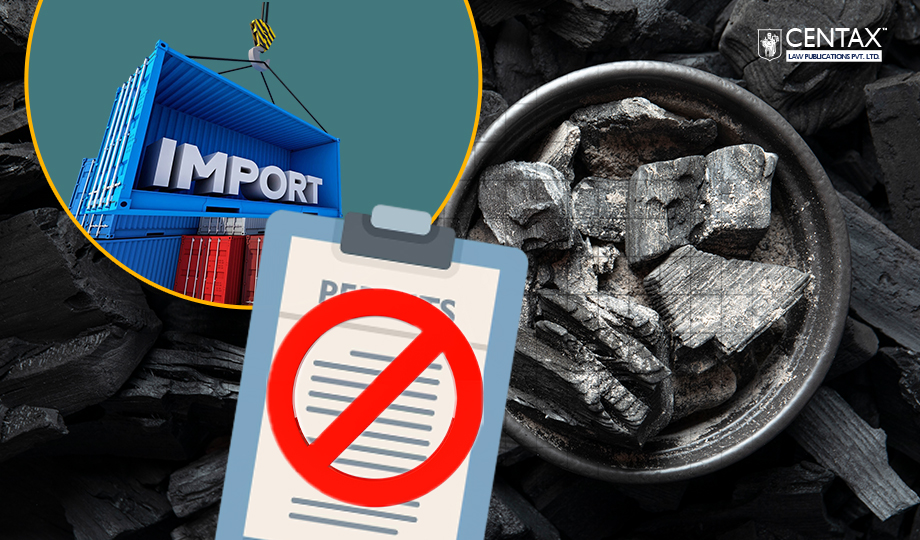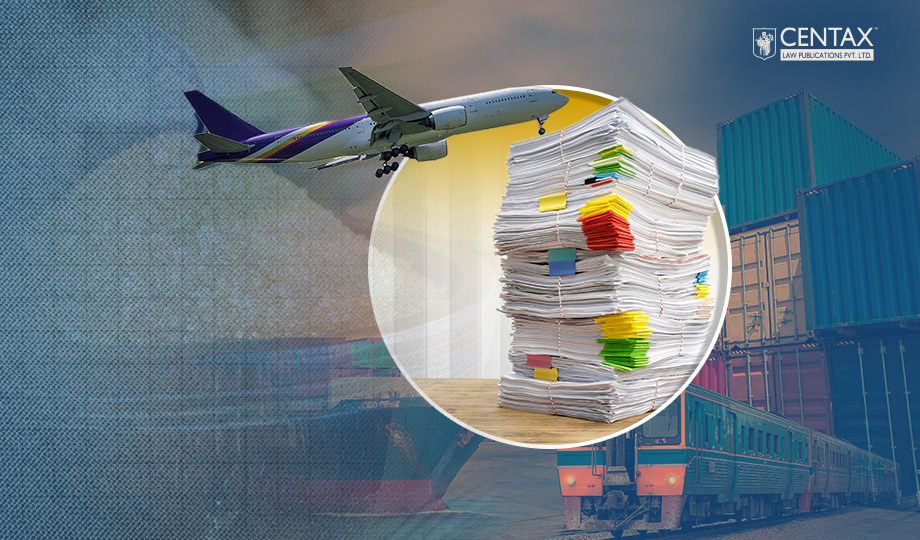
Notification No. 21/2025-26 Dated 27-06-2025
The Directorate General of Foreign Trade (DGFT) has issued a trade notification imposing immediate port restrictions on the import of specific jute and textile-based items originating from Bangladesh. These restrictions are intended to regulate trade inflows and streamline import operations under the ITC (HS), 2022 – Schedule 1.
1. Scope of Restricted Imports
The restrictions apply to select items classified under designated Harmonised System (HS) codes, including but not limited to:
- 530130 – Raw jute
- 530310 – Jute and other textile bast fibres, retted or otherwise
- 530390 – Other forms of textile bast fibres
A complete list of affected HS codes is provided in the DGFT notification and must be consulted by importers and customs authorities.
2. Prohibition Through Land Ports on India-Bangladesh Border
Effective immediately, the DGFT has prohibited the import of these designated items via land customs stations (LCSs) situated on the India-Bangladesh border.
This measure restricts land-based import routes, which have previously been major channels for trade in jute goods from Bangladesh, and aims to tighten control over routing and customs oversight.
3. Exception for Nhava Sheva Seaport
The notification, however, allows for limited exceptions. Select restricted items may still be imported through Nhava Sheva Seaport (Jawaharlal Nehru Port), which remains a permitted entry point under specific conditions.
This centralised entry mechanism is aimed at improving monitoring, compliance, and enforcement of quality and trade policies.
4. Transit Exemptions for Nepal and Bhutan
The DGFT has clarified that these restrictions shall not apply to goods that are:
- Exported from Bangladesh to Nepal or Bhutan, and
- Merely transiting through India via authorised corridors.
However, the re-export of such goods from Nepal or Bhutan back into India is expressly prohibited, to avoid circumvention of import restrictions.
5. Objective and Policy Rationale
This regulatory action seeks to:
- Streamline the import process by limiting points of entry
- Enhance quality control and compliance monitoring
- Prevent misuse of land borders for trade circumvention
- Protect domestic industry interests, particularly in the jute and textile sectors
6. Conclusion
With immediate effect, importers, exporters, customs authorities, and freight forwarders are required to adhere to the revised port-specific restrictions. Any non-compliance may attract regulatory action and penalties under the Foreign Trade (Development & Regulation) Act, 1992 and applicable customs laws.



















